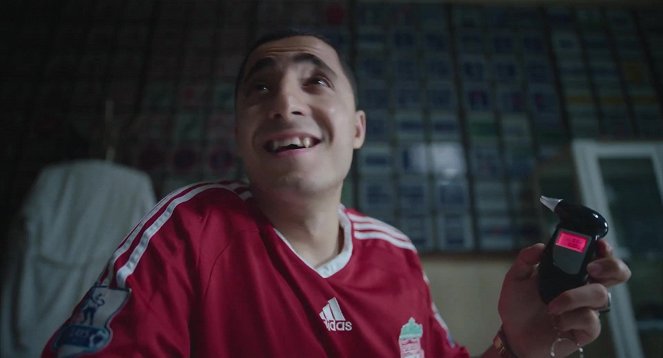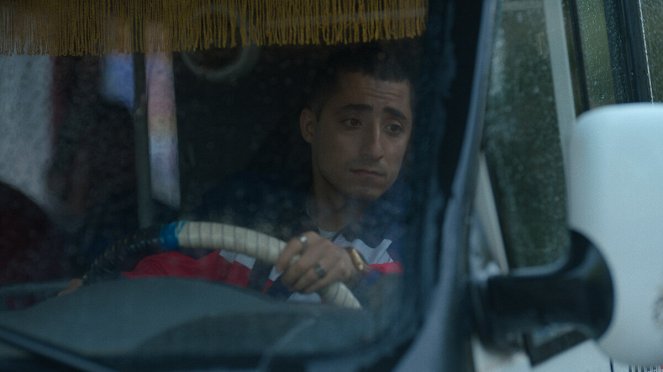Inhalte(1)
Ukrainian twin brothers embark on a journey to see their estranged father one last time after learning the old man is dying far away in Luxembourg. (Netflix)
Videos (1)
Kritiken (2)
Ein Film über zwei unsterbliche Brüder, deren Leben durch mehrere Ereignisse erschüttert wird, einschließlich der unerwünschten schweren Verletzung einer Seniorin und dem Sterben ihres Vaters an einem weit entfernten Ort in Luxemburg. Die Stimmung des Films wechselt unbestimmt zwischen ernstem sozialen Drama und reicher Komödie mit Szenen und Dialogen voller schwarzen Humors. Ähnlich ungeordnet ist auch die Erzählung der Geschichte, die kleine Handlungsstränge anfängt und sie wieder verlässt, scheinbar ohne auf etwas Bestimmtes hinzusteueren. Am Ende kommt es jedoch doch zur Reise der beiden Brüder nach Luxemburg und zu einigen befriedigend eingebauten Wendungen, sodass der Film neben dem verbalen Humor auch mit einer Serie von fatalen Momenten voller Lebensironie aufwartet.
()
Just as Antonio Lukich dealt with his relationship with his mother in his previous film, this time he comes to terms with his father. Despite the personal elements, however, this is not an autobiographical treatise, but rather a universal tragicomic, absurdist road movie in which the preparation for the journey plays a more essential role than the journey itself. It may seem that the whole narrative is disjointed and incoherent, but where some see incoherence, others see the bitter absurdity of everyday life, full of burdens placed on them from above in the manner of Job and by those around them in the manner of Kafka, but also by themselves due to their own stupidity and self-centredness. Lukich shows all of the above as tragedy and comedy in equal measure. The specific peripeteias not only tell the story of the twins, but also illustrate the paradoxes of Eastern European history in general terms, not only the major historical paradoxes, but primarily the minor personal ones. As a result, Lukich’s coming to terms with the myth of his own father mirrors the whole region’s need to face its own past – not necessarily to get all of the answers from it, but simply to confront it, because only then is it possible to finally move on.
()



Werbung